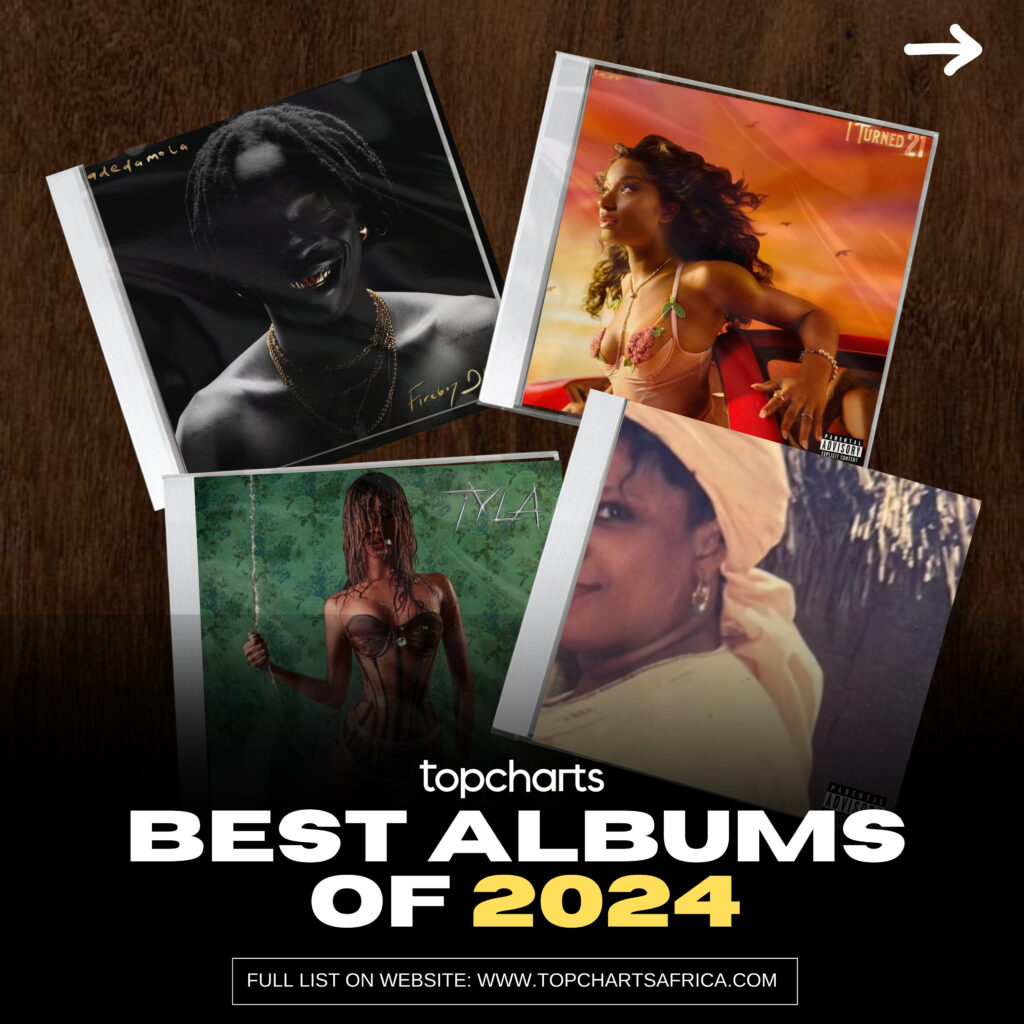
Despite the remarkable global achievements and the rising acceptance of Afrobeats, Amapiano, and the broader African music scene, the start of 2024 was somewhat sluggish, with hits arriving later than expected. This delay sparked concerns about the potential decline of Afrobeats. However, by mid-year, it became evident that a revolution was underway within the African sound. Major artists began experimenting more boldly, stepping outside their comfort zones to produce outstanding albums that infused fresh flavors and uplifted the essence of African music.
This creative renaissance was marked by the blending of various African genres with the core elements of Afrobeats, enhancing the overall quality of the music. The production behind these projects has been nothing short of extraordinary. In 2024, numerous albums were released, and after careful consideration and analysis, we proudly present the 20 best albums of the year.
20. The Godson – Marioo
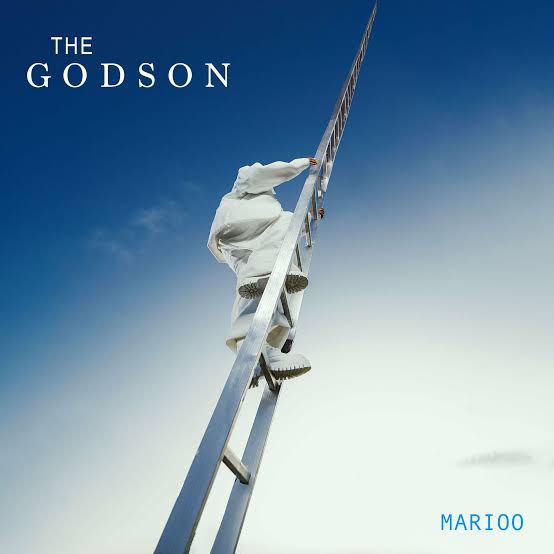
Marioo’s album “The Godson” is a vibrant blend of contemporary African sounds and traditional influences, showcasing his versatility as an artist. With infectious beats and smooth vocals, he navigates a range of emotions, from joy to introspection. Standout tracks like “Njozi” highlight his storytelling ability, weaving personal and cultural themes. The polished production maintains an authentic feel, while collaborations with other artists add diverse flavors. Overall, “The Godson” is a testament to Mario’s artistry, making it a recommended listen for both fans and newcomers.
19. OFA – Oxlade
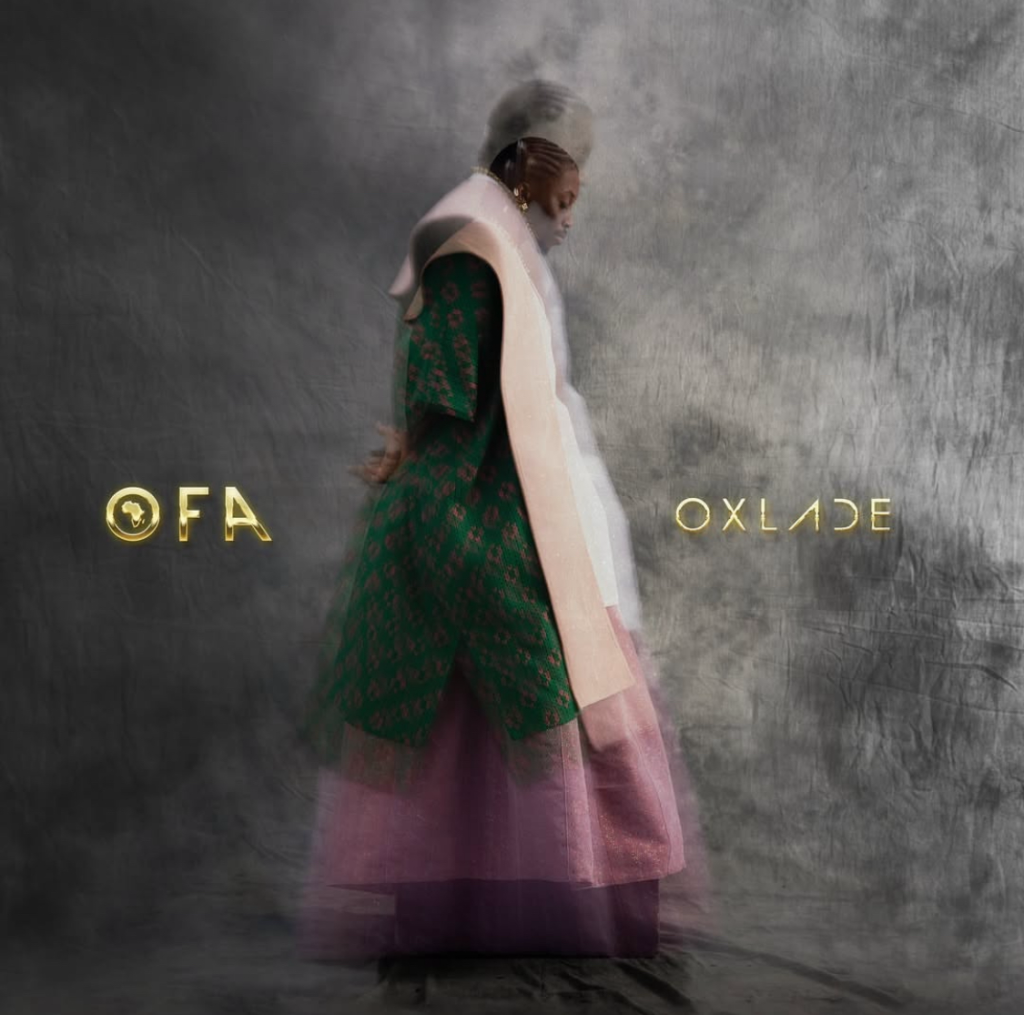
Oxlade’s debut album, Oxlade from Africa (OFA), celebrates his Afrocentric roots but struggles to make a lasting impression. While his sonorous vocals and mid-tempo Afrobeat rhythms remain captivating, the album feels repetitive, with themes of romance and self-assurance dominating. Collaborations with icons like Fally Ipupa and Sarkodie shine on tracks like “Ololufe” and “IFA,” but others, such as “RMF” and “Kulosa,” fall flat, with overused falsettos and uninspired production. The inclusion of previously released collaborations further weakens its freshness.
The album’s delayed release raised expectations that weren’t met. Attempts to explore cultural identity, such as the ENDSARS-inspired “D PTSD Interlude,” feel forced and lack cohesion. At 45 minutes, the project struggles to balance ambition and focus, feeling more like a collection of pop tracks than a cohesive debut. Oxlade’s evolution is commendable, but a more gradual approach might have better balanced innovation with fan expectations.
18. Rebel Queen – Yemi Alade
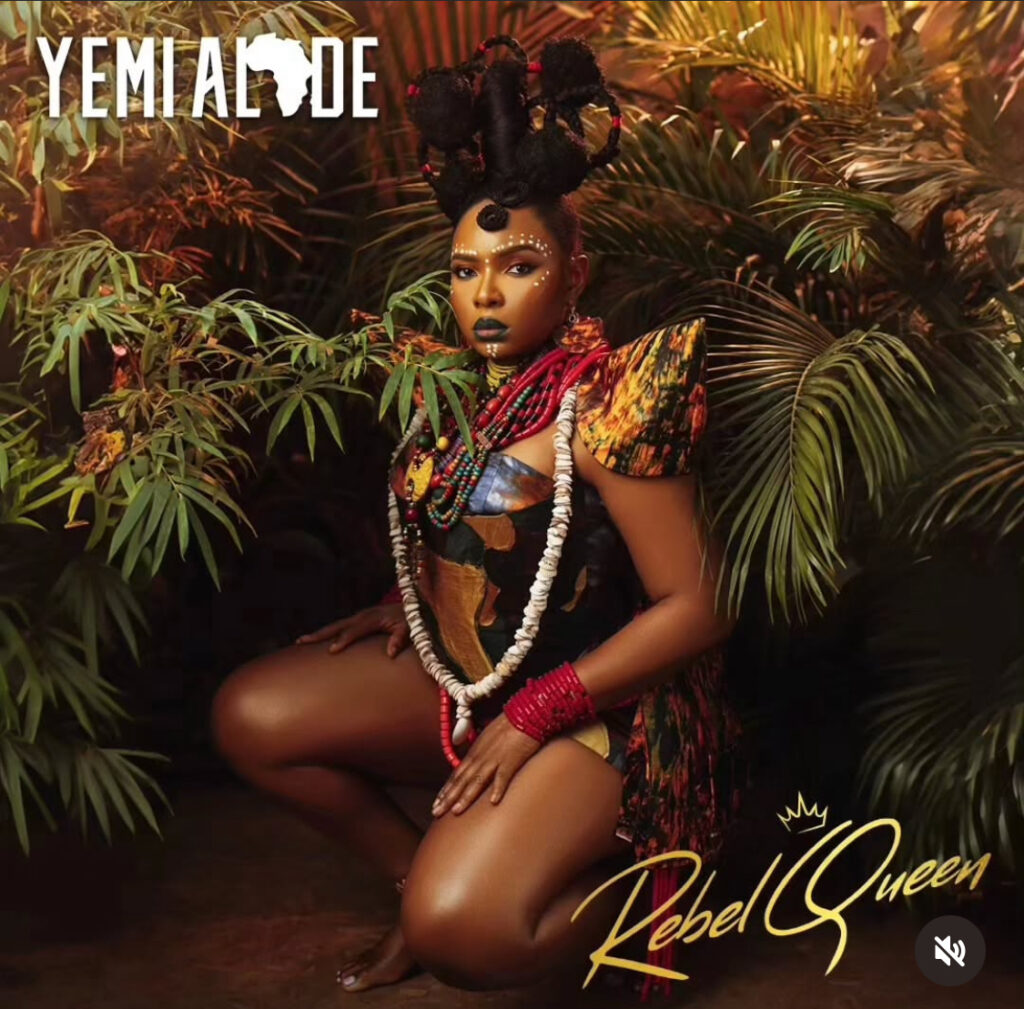
Yemi Alade’s eighth studio album, Rebel Queen, continues her pan-African, women-centric narrative, blending vibrant rhythms and cultural influences. Known for her multilingualism and dynamic sound, Alade incorporates highlife, amapiano, and dancehall to create an eclectic listening experience. Opening with the cinematic “Karibu,” she invites listeners into a world of love, joy, and empowerment. Tracks like “Chairman” and “Carry Me” deliver party-ready energy, while “Ije Love” celebrates romance. The amapiano-infused “Big Connection” honors African music legends, and “Tomorrow,” a hopeful ode to embracing life’s uncertainties, has earned a Grammy nomination for Best African Music Performance. Reflective moments like “I’m Sorry” and “Medaase” showcase vulnerability, adding emotional depth to the album.
Collaborations are a highlight, featuring icons like Angélique Kidjo on the empowering “African Woman” and Ziggy Marley on the uplifting “Peace & Love.” Congolese star Innoss’B and Jamaican artists Konshens and Femi One energize dance anthems, while Alade’s seamless blend of African and global sounds underlines her universal appeal. While Rebel Queen doesn’t break new ground, it’s a testament to Alade’s versatility, cultural pride, and ability to connect with fans worldwide, solidifying her status as a pan-African music icon.
17. Safa – Shatta Wale
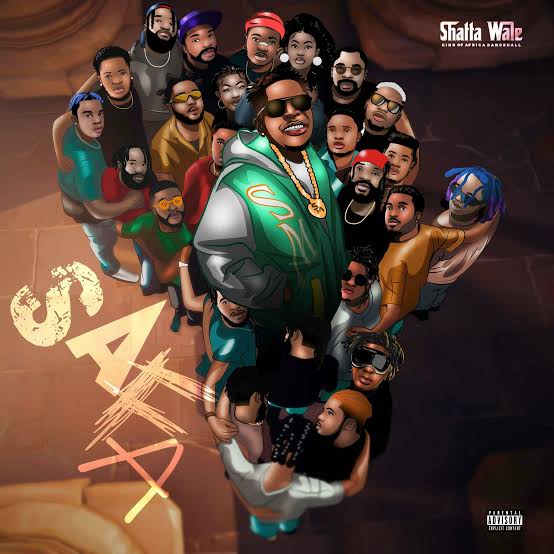
Shatta Wale, the legendary Ghanaian dancehall and reggae musician, stands as one of the most influential artists in the country’s music scene. Renowned for his unyielding authenticity and strong connection to the streets, he has consistently embraced his roots, which is integral to his artistry. This dedication to his craft was notably recognized when he featured on Beyoncé’s album in 2019, a milestone that catapulted him to global prominence.
In contrast to many artists who released albums in 2024 in an effort to broaden their appeal and refine their sound, Shatta Wale took a different approach. He announced his highly anticipated album, “SAFA” (an acronym for Shatta and Fans), which, as the title suggests, is a heartfelt tribute to his loyal fanbase, particularly those from the streets of Accra. Expectations were high, and fans anticipated that the album would reflect his signature style.
True to form, “SAFA” delivered exactly what listeners hoped for. The 14-track project showcases a collection of songs characterized by exceptional production quality, each track resonating deeply with his core audience. Shatta Wale’s commitment to his roots shines through, as the album captures the spirit and energy of his vibrant fanbase. With “SAFA,” he not only reaffirms his status as a dancehall icon but also strengthens the bond with his supporters, celebrating the culture and community that have been pivotal to his success.
16. Son of Chike – Chike
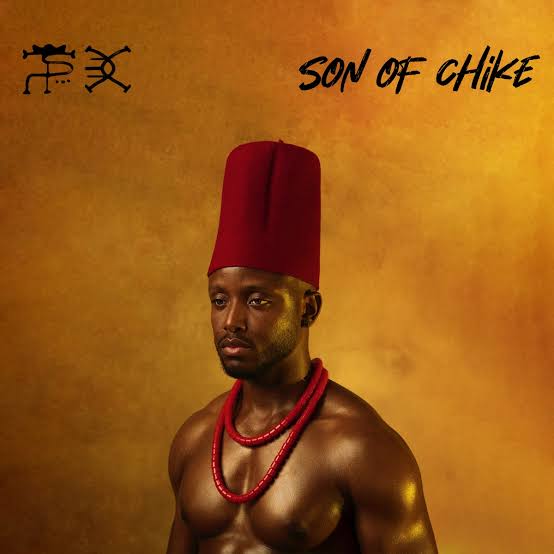
Chike’s third album, Son of Chike, masterfully balances his RnB roots with pop influences, showcasing his Igbo heritage and Afrobeats production. Building on the ambition of his sophomore album, Chike refines his artistry, blending heartfelt lyrics, poignant delivery, and cultural pride. Songs like ‘Apple,’ ‘Ego Onyinbo,’ and ‘Mma (Beauty)’ highlight his romantic yearnings and cultural core, while tracks like ‘Egwu’ featuring Mohbad and ‘Lifetime Love’ bring pop energy. Collaborations with Ladipoe, Qing Madi, Olamide, and Amaeya add depth, with themes ranging from love and heartbreak to hope and spirituality. Chike also explores new dimensions, revealing a “bad boy” side on ‘Not Your Daddy.’ The album closes introspectively with ‘Man Not God,’ reaffirming his faith and purpose. With Son of Chike, Chike solidifies his status as an RnB star with pop ambitions, delivering a project that blends emotional depth, cultural pride, and commercial appeal.
15. True to self – King Promise
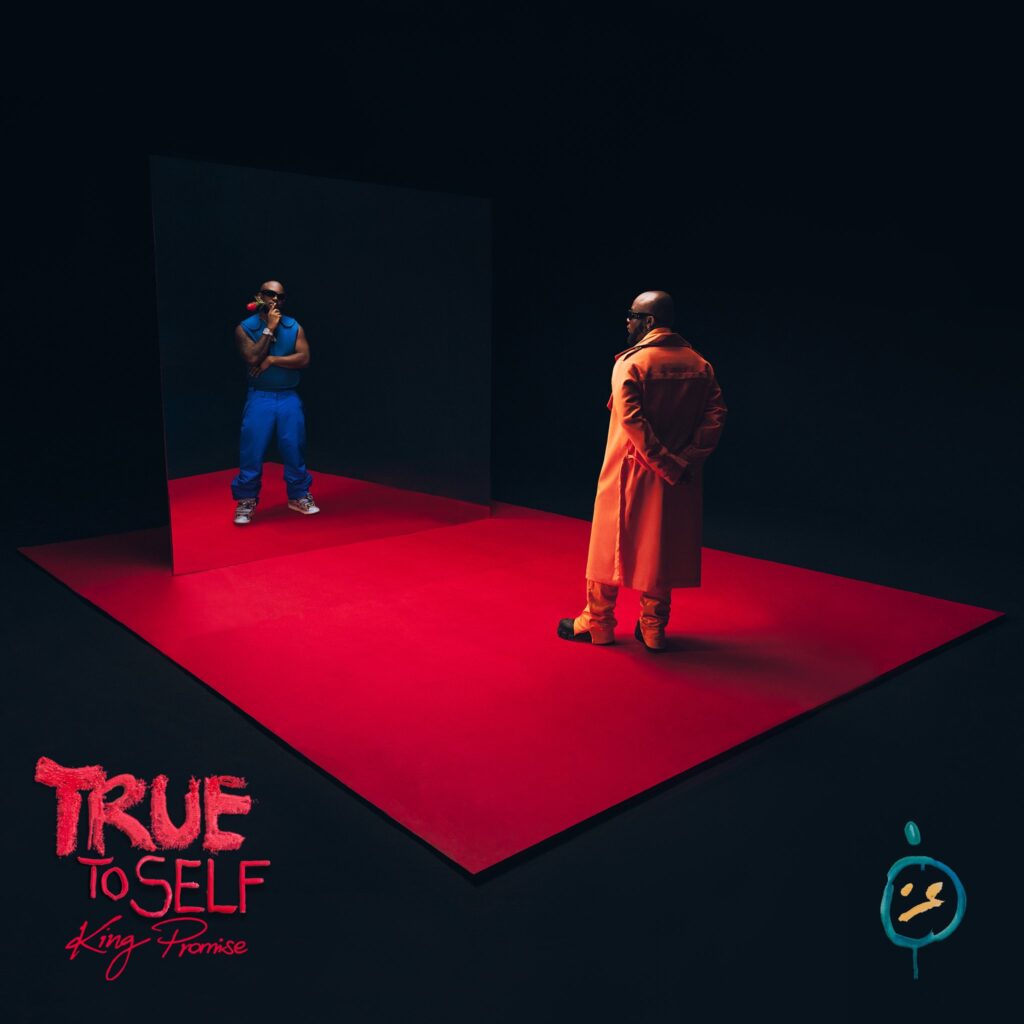
King Promise’s evolution as an artist is showcased in his third album, True To Self, a deeply introspective and thematically cohesive project. Known for blending Ghanaian Highlife with Afrobeats and global influences, he crafts a collection of self-aware, vulnerable stories reflecting his personal growth, stardom, and relationships.
The album opens with “Believe,” chronicling his rise, and transitions to “Continental,” celebrating his international success. Themes of love unfold with tracks like “Permission Granted,” “Paris,” and “Perfect Combi,” highlighting various stages of modern relationships. As the narrative progresses, “Paranoid” and “Ringing In My Head” delve into insecurities and heartbreak, while “9:45” and “Mad Oh” explore love’s complexities. The project concludes with “Own It” and “Terminator,” affirming his self-assurance and authenticity.
With features from Shallipopi, Fave, Sarkodie, and others, True To Self balances local and global sounds, demonstrating King Promise’s ability to resonate across borders. Its 12 tracks, split between solo and collaborative efforts, reveal a multifaceted artist who remains true to his roots while pushing creative boundaries. This marks a pivotal moment in King Promise’s career, solidifying his status as a leading force in African music.
14. By any Minz – Minz
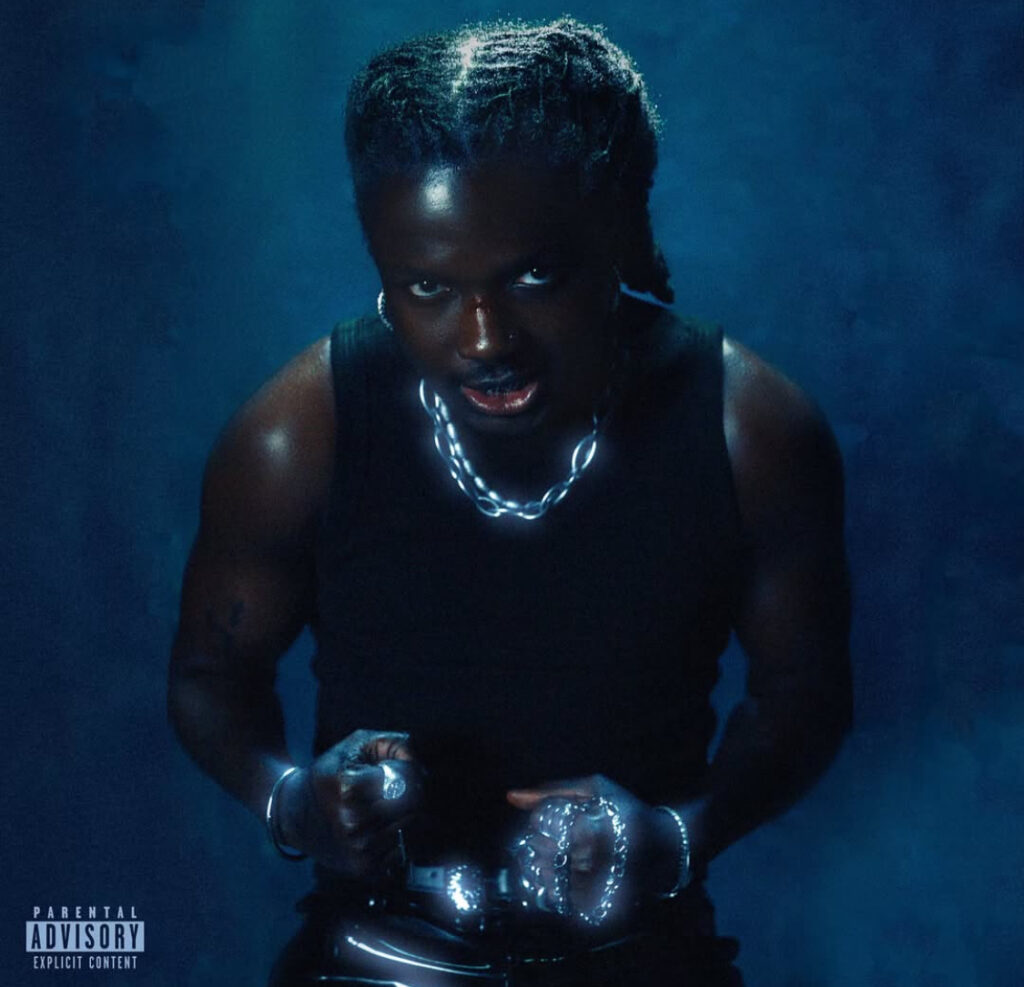
Minz has emerged as a promising artist in Afrobeats, especially with the success of his single “Wo Wo,” which propelled his career forward. His debut album, By Any Minz, features fifteen tracks, including notable singles like “Wap,” “Diallo,” and “Sokoto.” The project begins with the lyrically rich “Revelations” and showcases Minz’s versatility as he navigates various styles, blending Alté with mainstream Afrobeats.
Tracks like “Wap,” featuring Davido, and “Sokoto,” featuring Zinoleesky, highlight his ability to choose effective collaborations, although some tracks, like “Disembark,” feel less impactful. “Lon3ly” stands out with its R&B elements, while “Do” and “F.U.” demonstrate his knack for creating engaging features. The album, while ambitious and experimental, sometimes lacks cohesiveness, reflecting Minz’s exploration of different sounds in search of a hit. Overall, By Any Minz showcases his talent and potential, hinting at a bright future as he refines his unique artistic identity.
13. Water & Garri (Original Motion Picture Soundtrack) – Tiwa Savage
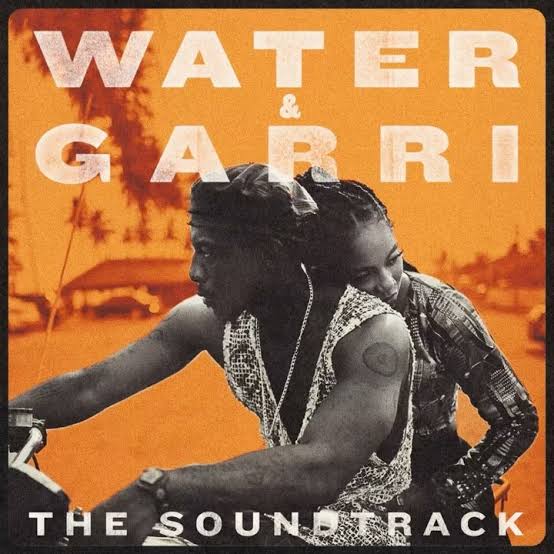
The album is a masterful blend of Afrobeats and Western influences, capturing the emotional journey of Aisha, a fashion designer returning to Nigeria after tragedy. The soundtrack features standout tracks like “Lost Time,” reminiscent of classic RnB, and “Commona,” where Olamide delivers a stellar performance. “Reason” prioritizes lush production, ideal for cinematic action scenes, while “Love O” balances emotive RnB with a groovier Afropop vibe. “Emotions,” featuring Asa, evokes a powerful sense of yearning, and Zacardi Cortez shines on the confessional “I Need You.” “Gara,” with Ayra Starr, is an upbeat anthem of self-worth, and “Kilimanjaro” showcases Young Jonn’s catchy songwriting. While the title track incorporates Hip-life influences, its drum choices may not fully align with the album’s earlier themes. Overall, the soundtrack enhances the film experience and solidifies Tiwa Savage’s artistic achievement.
12. Jiggy Forever – Young John
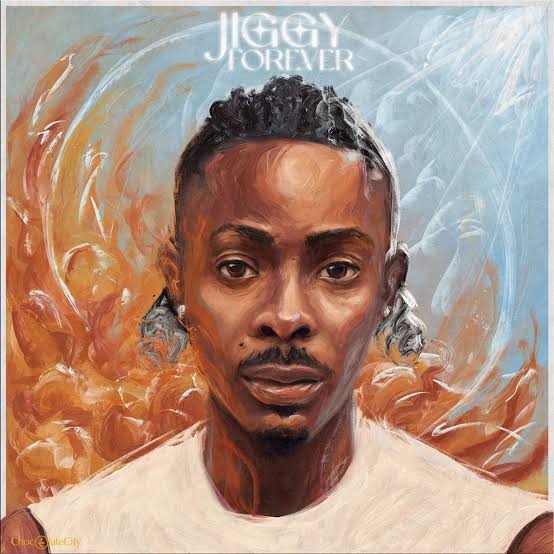
Young Jonn’s debut album, Jiggy Forever, follows his hit singles with a heavy reliance on familiar Amapiano production, disappointing fans expecting more depth after his acclaimed Love Is Not Enough EP. The album features 16 tracks that largely recreate similar sounds, lacking experimentation and variety. While standout tracks like ‘Stronger’ and ‘Sharpally’ offer some distinction, most songs feel monotonous, with similar drum arrangements and predictable melodies. Collaborations with artists like Blaqbonez and Sean Paul bring some excitement, yet the overall experience suffers from a formulaic approach. Despite showcasing Young Jonn’s potential as an Afrobeats hitmaker, the album ultimately fails to elevate the familiar, resulting in a project that feels underwhelming and lacks the creative risk needed for a compelling listening experience.
11. Morayo – Wizkid
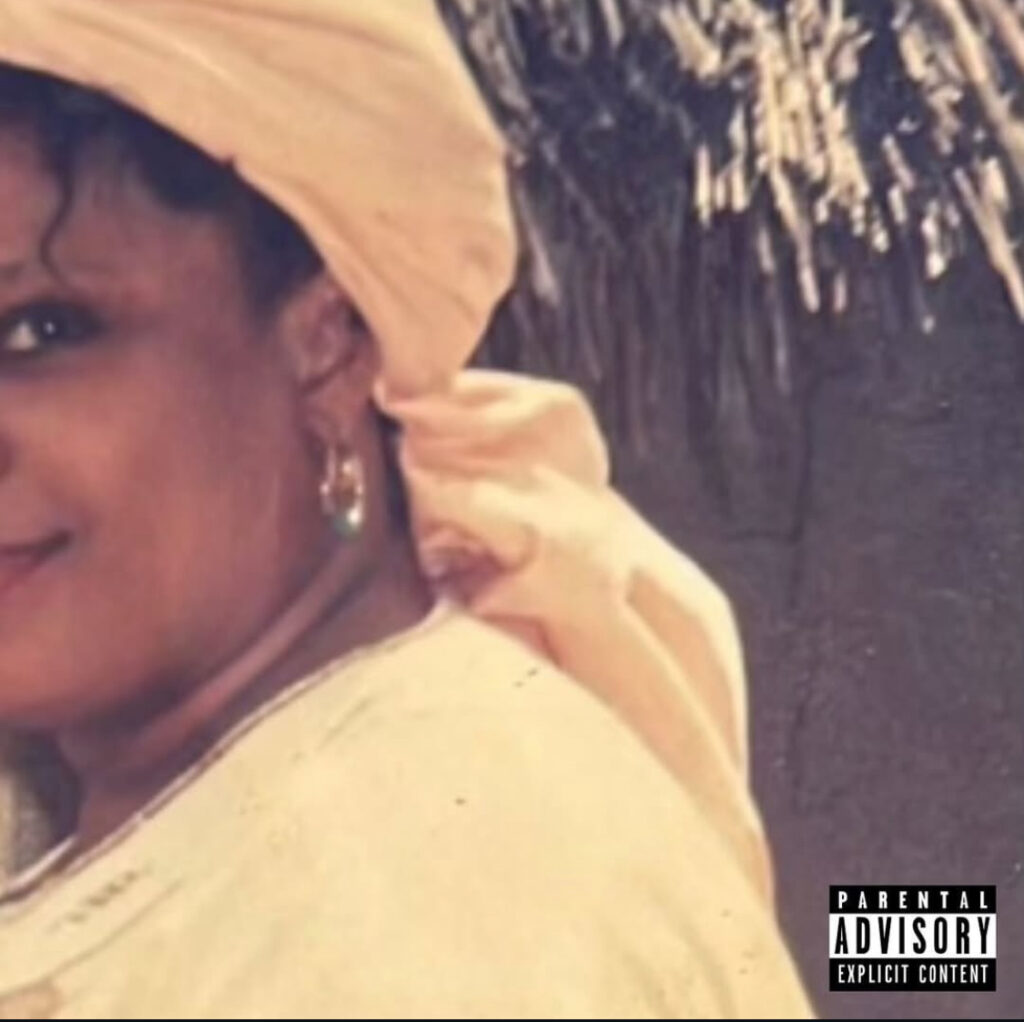
In Morayo, Wizkid pays tribute to his late mother while staying true to his signature R&B fusion and Afrobeats sound. Opening with Troubled Mind, the album reflects on loss and introspection, but its 16 tracks largely celebrate life and dance. Longtime collaborator P2J handles most of the production, maintaining lush melodies and mid-tempo grooves throughout.
Wizkid crafts dancefloor-ready tracks like Kese (Dance) and Bad Girl featuring Asake, while blending Afrobeats with R&B on songs like Time and A Million Blessings. Collaborations with Tiakola and Jasmine Sullivan bring international flavor, while sensual tracks like Slow showcase intimate moments. Despite familiar elements, some tracks risk redundancy, drawing comparisons to his previous albums, Made in Lagos and More Love, Less Ego.
Fans seeking classic Wizkid may find Morayo offers moments of nostalgia but lacks the energy to fully captivate. While not his most groundbreaking work, it reflects his artistic freedom and current phase of life. For those who enjoy his smooth fusion of R&B and Afrobeats, Morayo delivers another laid-back yet polished experience.
10. Full time Job – Phyno
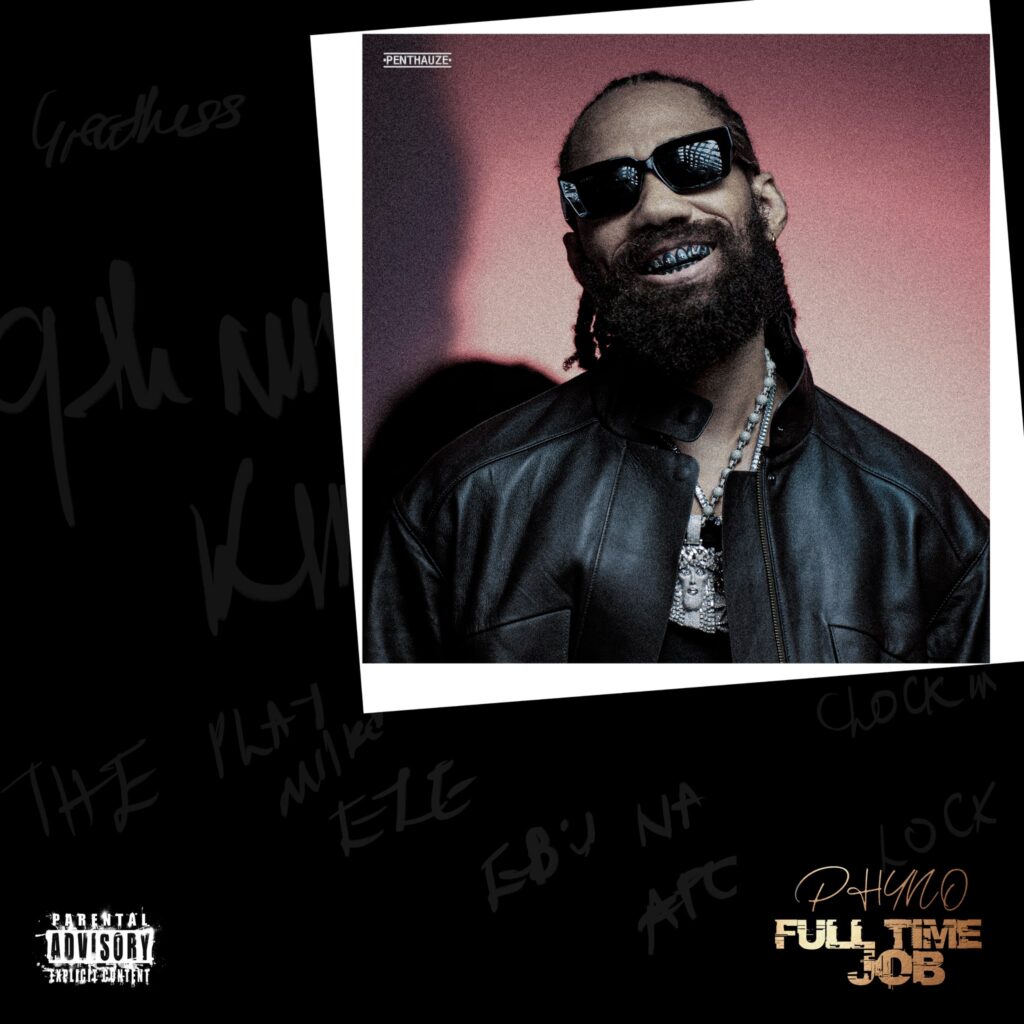
Phyno’s latest album, Full Time Job, solidifies his status as a leading voice in African music, blending Afrobeats with deep-rooted Igbo culture. Opening with the introspective “It’s Nothing,” reminiscent of Jay-Z’s The Black Album, the project sets a bold tone. Highlights include the remix of “Do I” featuring Burna Boy, a massive 2023 hit, and “Deep,” featuring Fave, a moving exploration of love and vulnerability. Tracks like “Anthem Ndi Eze” and “Men Don Show Face,” featuring Flavour, celebrate Igbo identity, while “Sweet Karma,” with Johnny Drille, showcases his versatility.
“Pinterest,” featuring NSG, delivers an energetic mix of swing and bashment, while “Eyes On Dem,” featuring Chip, explores Dancehall with accessibility for non-Igbo speakers. Notably, “Nwoke Esike” features jailed influencer Hushpuppi, delivering reflective advice, sparking both intrigue and controversy.
With exceptional production, diverse collaborations, and lyrical depth, Phyno reaffirms his dedication to music, proving he remains at the forefront of the industry. Full Time Job is a testament to his artistry and cultural pride, ensuring his enduring legacy in African music.
9. Madam Dearest – Dotti the deity
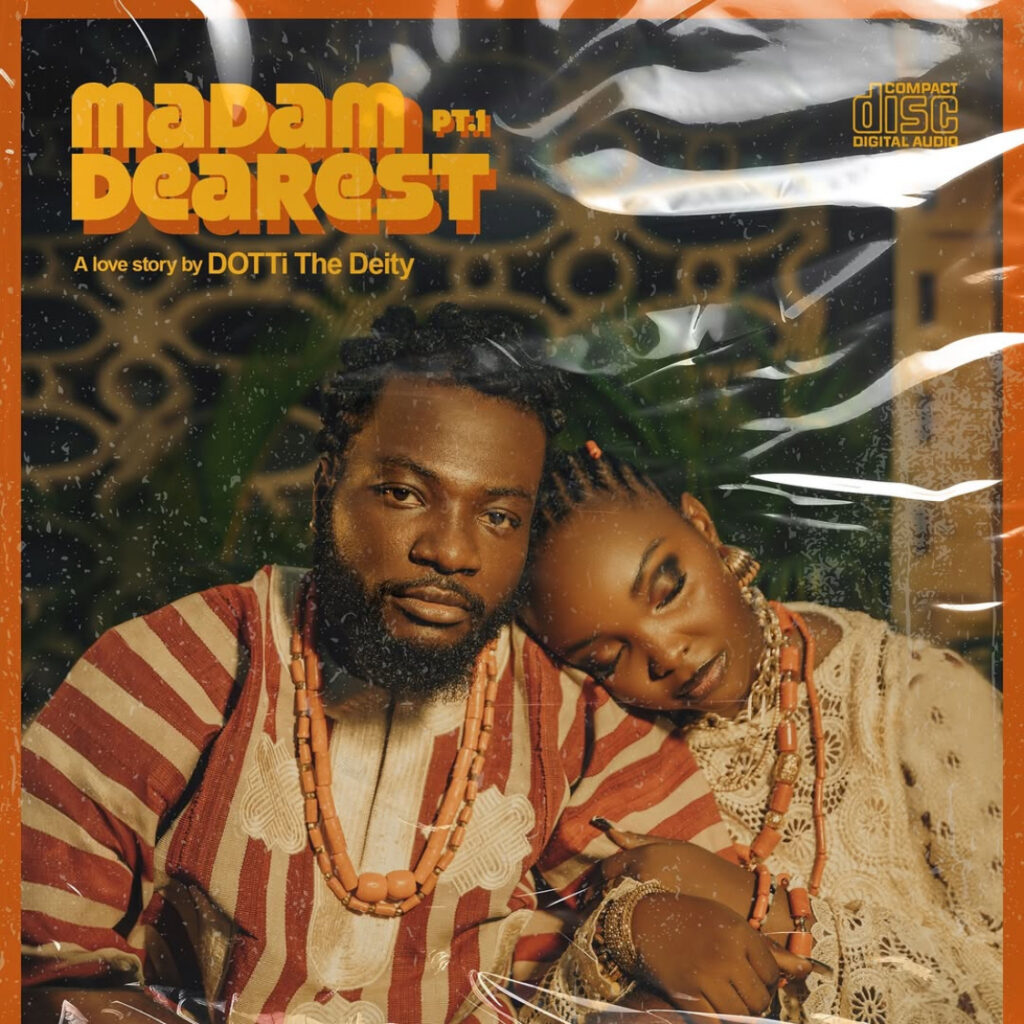
Dotti’s sophomore album, *Madam Dearest*, is a masterfully crafted collection that revives the essence of Afroblues with a distinctive flair. Centered around the theme of love, the album showcases his undeniable expertise in this genre.
Collaborating with outstanding artists such as Wizard Chan, Falz, Simi, and Reminisce, Dotti has elevated the project, enhancing its overall brilliance.
Through this remarkable work, Dotti the Deity has demonstrated his potential to excel in the music industry, proving that the future of Afrobeats can confidently rest in his capable hands.
8. Born in the Wild – Tems
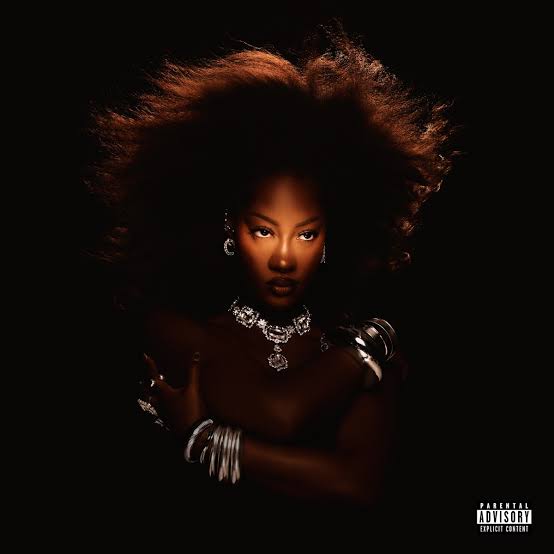
“Born in the Wild”, Tems’ expansive 18-track album, serves as a rich exploration of her artistry, intertwining elements of her Christian faith with reflections on self-assurance. The album feels like a mood board, blending affirmation and introspection, though it could have benefited from tighter editing. Interludes featuring her mother and managers may have been excessive, detracting from the overall flow. The track “Get It Right,” produced by Sarz and featuring Asake, introduces a lively amapiano vibe, but its commercial polish contrasts with the album’s deeper themes. J. Cole’s contribution on “Free Fall” falls short, and Tems’ earlier single “Not an Angel” feels like a missed opportunity for inclusion.
Despite these critiques, *Born in the Wild* is a slow burn that ultimately rewards patient listeners. The closing track, “Hold On,” embodies a message of hope and resilience, with Tems proclaiming, “This is for the girl in the dark,” signaling her journey toward embracing her struggles. Unlike her earlier EPs, where she avoided darkness, this album signifies her acceptance of it as a constant presence in her life.
7. Lungu Boy – Asake
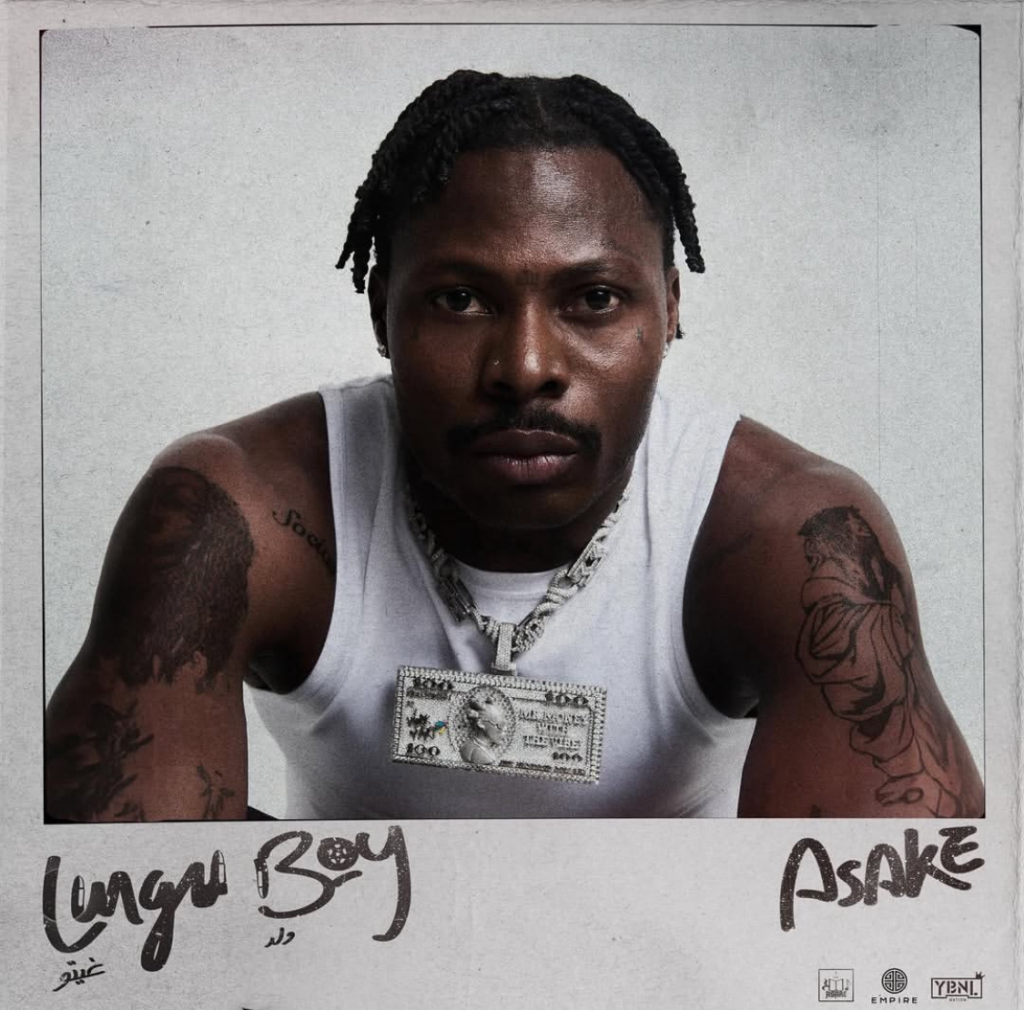
Asake’s third album, Lungu Boy, showcases his originality and versatility, further solidifying his place as a creative force in Afrobeats. Opening with ASA’s iconic “Ojumo” sample in “Starta” and closing with the vibrant “Fuji Sound,” the album pays homage to his roots while pushing boundaries. Despite high expectations following Mr. Money with the Vibe and Work of Art, Lungu Boy delivers a mix of Afro-Fuji, emotional depth, and experimental sounds.
Highlights include “Wave” featuring Central Cee and “Active” with Travis Scott, where stellar production by Sarz shines. Wizkid’s heartfelt contribution on “MMS” adds emotional weight, while tracks like “Mood” and “Fuji Vibes” reaffirm Asake as the king of Afro-Fuji. The unexpected dancehall collaboration “Whine” with Ludimilla also impresses.
However, some moments fall short, such as clichéd punchlines in “My Heart” and the lyrically shallow “Skating.” Despite minor missteps, Lungu Boy stands as a testament to Asake’s authenticity and artistry, offering a poetical representation of diverse emotions and vibes. While it may not surpass its predecessors, the album is undeniably well-crafted and memorable.
6. Llona – Homeless
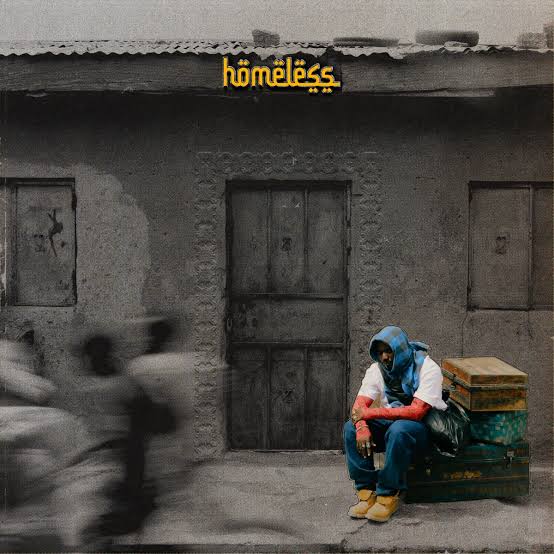
Llona’s Homeless is a deeply immersive album that tackles themes of mental health, resilience, and personal growth. Drawing parallels with dense works like Omah Lay’s Boy Alone and Ayra Starr’s 19 & Dangerous, the LP uses gripping narratives and emotive songwriting to reflect on grueling realities while remaining entertaining. Tracks like Still Scared and Commander delve into Llona’s harsh upbringing, including surviving Boko Haram raids, showcasing his resilience. Standouts include HBP Remix ft. Bella Shmurda, Cold War ft. Fave, and the introspective closer Forgive Me, where Llona reflects on family responsibility and triumph over adversity. However, tracks like Comforter and Billion Paper feel less distinct. Balancing Afrobeat, Dancehall, and acoustic elements, the album’s cohesion and raw honesty shine through. Homeless is a vivid diary of struggle, survival, and eventual peace, showcasing Llona’s talent for blending profound themes with captivating music.
5. Tyla+ – Tyla
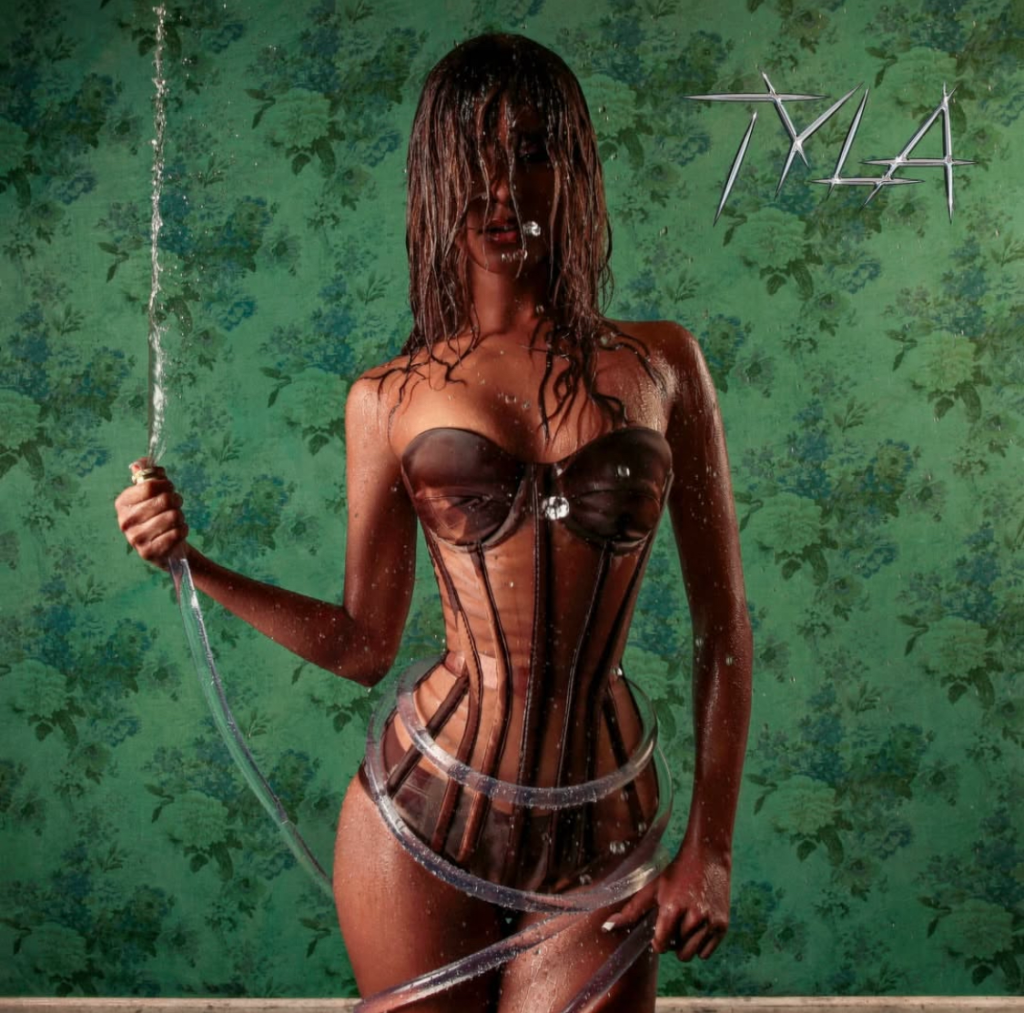
Tyla’s breakout single “Water,” a sultry blend of amapiano and R&B, catapulted the 22-year-old South African artist to global fame in 2023. Its infectious chorus, paired with a provocative music video, resonated across platforms like TikTok and earned her the first Grammy for African Music Performance, eclipsing industry heavyweights like Burna Boy and Davido. Tyla’s debut album showcases her versatility within pop-R&B, exploring themes of attraction, heartbreak, and empowerment, all underscored by amapiano’s signature log-drum rhythms.
Produced largely by Sammy SoSo, the album balances silky melodies with playful lyricism, as heard on tracks like “Breathe Me” and “ART.” Tyla’s sensuous, breathy vocals channel influences like Aaliyah, while collaborations with stars like Tems, Gunna, and Becky G aim to expand her reach into global markets. However, some features feel commercially driven, and standout collaborations like her Ayra Starr duet are absent. Despite the compromises of mainstream success, Tyla’s effortless charisma and ability to weave amapiano into contemporary pop set her apart, cementing her status as a rising star in global music.
4. HEIS – REMA
Rema’s rise was propelled by his 2022 hit “Calm Down,” leading to his second album, *HEIS, which features a roguish anti-hero persona. This experimental project faced significant criticism from many initially, but it soon became a massive hit, captivating a vast audience. **HEIS* showcases a blend of Afrobeats and contemporary influences, with tracks like “Yayo” and “Azaman” highlighting his dynamic style. Clocking in at just 28 minutes, the album combines energetic rhythms and personal reflections, culminating in the poignant “Now I Know,” where Rema addresses his struggles after his brother’s death. This album not only reflects his evolution as an artist but also serves as a vibrant homage to his roots, balancing exuberance with deeper emotional truths.
3. Stubborn- Victony
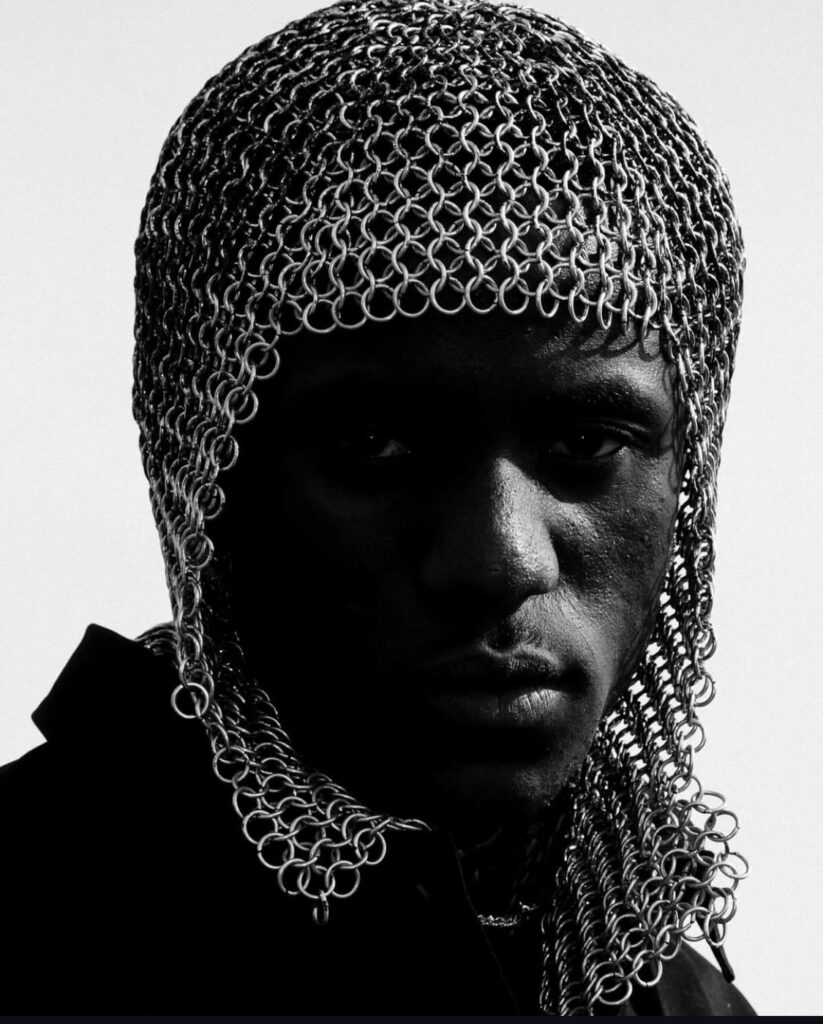
Victony’s debut album, Stubborn, marks a pivotal moment in Afropop, showcasing his evolution from rapper to singer through a blend of personal experiences and cultural narratives. The album reflects his journey from a curious kid in Ojo to a prominent figure in the genre, capturing the vibrancy of Lagos’ diverse subcultures. Tracks like “Oshaprapra” and “Tiny Apartment,” featuring SAINt JHN, explore themes of ambition, love, and heartbreak, infused with local pidgin and global emotions. Victony’s soft, melodic voice shines, particularly in romantic ballads like “Everything” and “Pier 46.”
The album also features experimental sounds, such as the trap-influenced “Risk,” and collaborations with artists like Asake and Shallipopi, which enhance its dynamic appeal. However, some tracks lack cohesion. The closing song, “Street Affair,” reflects on betrayal and personal growth, encapsulating Victony’s desire for understanding and stability. Overall, Stubborn is a testament to his resilience and artistry, blending personal narrative with broader cultural themes.
2. TYIT21 – Ayra Starr
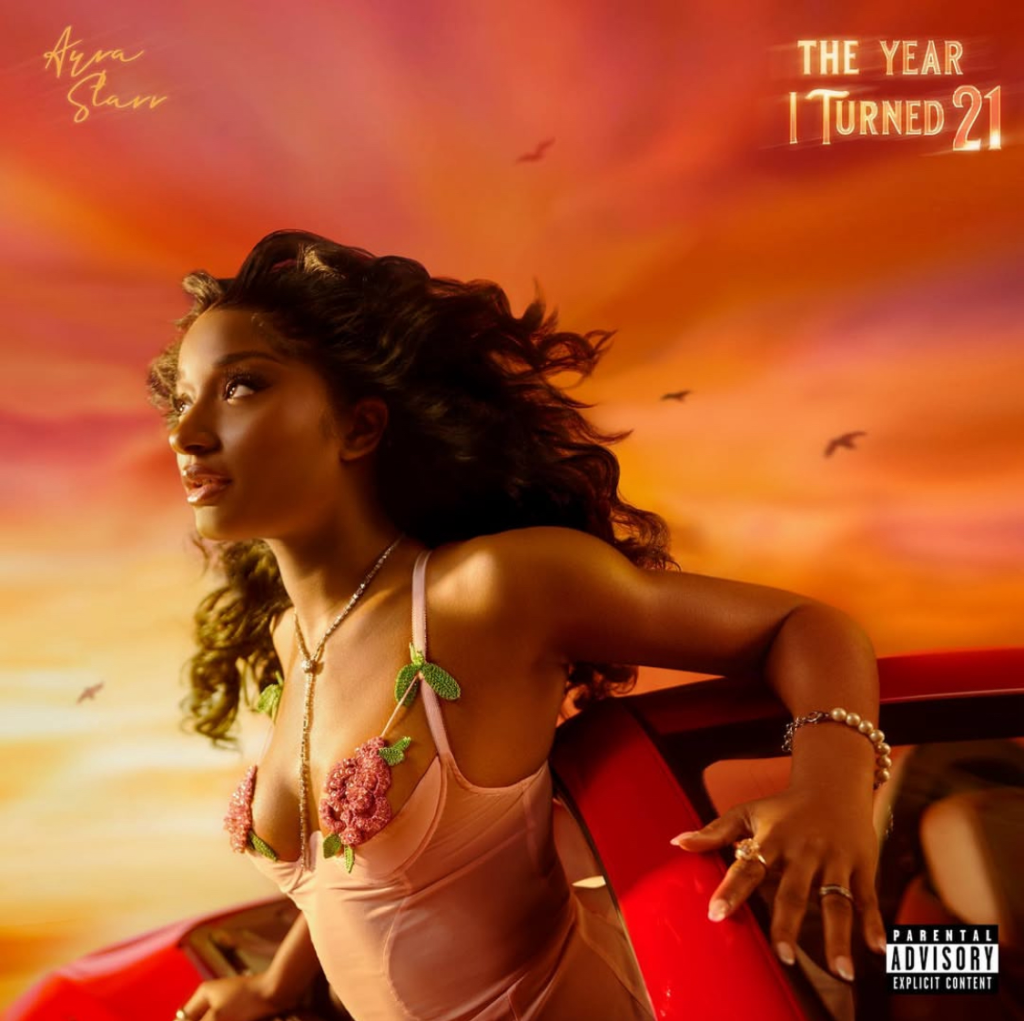
Ayra Starr’s journey from a promising debut with her self-titled EP to her latest project, The Year I Turned 21, marks a pivotal evolution in her career. Initially recognized for her youthful sincerity in songs like “Sare” and “Memories,” Ayra quickly became a global representative of Nigerian music, especially with hits from her debut album 19 & Dangerous, like “Bloody Samaritan.”
In her new project, she confronts themes of empowerment and commercial success while maintaining her authentic voice. Tracks like “Birds Sing of Money” and “Woman Commando” showcase her confidence and ability to blend genres, featuring international artists and emphasizing female empowerment. Reflective songs such as “1942” and “The Kids Are Alright” reveal her personal growth and connection to family.
While The Year I Turned 21 lacks some sonic cohesion, it demonstrates Ayra’s versatility and reinforces her status as a rising global star, poised for continued success and cultural impact across borders.
- Adedamola- Fireboy
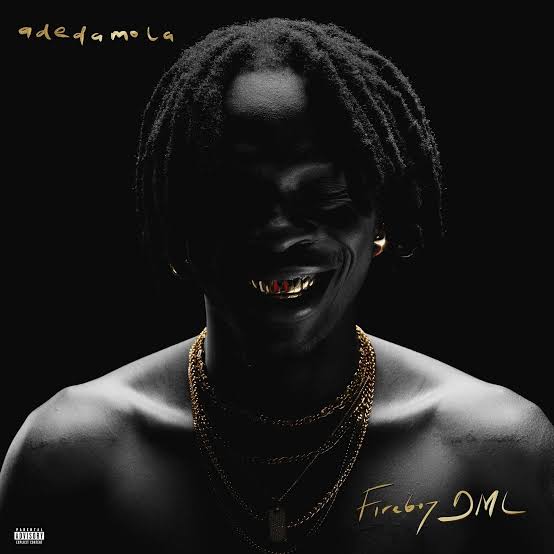
In a year brimming with musical innovation, Fireboy’s Adedamola emerges as the definitive album of 2024, a masterful blend of artistry, introspection, and cultural resonance. This release not only marks a triumphant return to form for Fireboy but also redefines the landscape of contemporary Afrobeats.
From the outset, Adedamola captivates with its rich instrumentation, particularly the exquisite use of saxophones that weave through the soundscape, adding depth and lushness. The album opens with “Iseoluwa,” a poignant reflection on his journey, grounding listeners in sincerity and vulnerability. This thematic exploration continues throughout the project, seamlessly merging the romantic sensibilities of his debut with the avant-garde influences of his later work.
While initial singles like “Yawa” and “Obaa Sima” garnered mixed reactions, their integration within the album transforms them into integral parts of a cohesive narrative. Collaborations with luminaries such as Seun Kuti and Lagbaja infuse the work with nostalgia and reverence, particularly in the standout track “Back n Forth,” which bridges generational divides.
Tracks like “Letting Go,” featuring Lojay, showcase lyrical prowess and emotional depth, enveloping the listener in a melodious embrace. Fireboy’s homage to his mentor in “Wande’s Bop” reflects both respect and innovation, capturing the essence of Wande Coal while asserting his unique artistry.
Despite some hesitance to venture into uncharted territories, Adedamola showcases Fireboy’s undeniable talent and potential. Rich in production, lyrical depth, and thematic exploration, this album stands as a testament to his artistic journey. With a solid 8.5/10 rating, Adedamola not only reaffirms Fireboy’s place within the Afrobeats scene but also invites him—and his audience—to embrace the full spectrum of artistic expression. In 2024, it is not just an album; it is a cultural milestone that resonates deeply with listeners across the globe.
